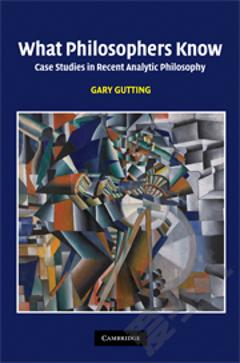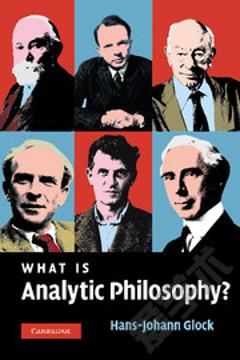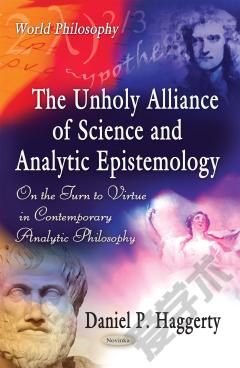What Philosophers Know: Case Studies in Recent Analytic Philosophy
Introduction Part I. How Does That Go? The Limits of Philosophical Argument: 1. Quine's 'Two Dogmas': argument or imagination? 2. Argument and intuition in Kripke's Naming and Necessity 3. The rise and fall of counterexamples: Gettier, Goldman, and Lewis 4. Reflection: pictures, intuitions, and philosophical knowledge Part II. Arguments and Convictions: 5. Turning the tables: Plantinga and the rise of the philosophy of religion 6. Materialism and compatibilism: two dogmas of analytic philosophy? 7. Was there a Kuhnian revolution? Convictions in the philosophy of science 8. Conviction and argument in Rawls' A Theory of Justice Part III. Philosophical Truth and Knowledge: 9. Rorty against the world: philosophy, truth, and objectivity 10. Philosophical knowledge: summary and application References.
{{comment.content}}








 京公网安备 11010802027623号
京公网安备 11010802027623号